Optimizing the Home Environment for Children with Disabilities: Understanding Current Policies and Planning for the Future
Funder: Lucile Packard Foundation for Children’s Health
Optimizing the Home Environment for Children with Disabilities: Understanding Current Policies and Planning for the Future
Executive summary: Every child deserves a home that meets their health needs, regardless of their family’s means or child’s conditions. However, existing resources and housing-related policies appear wholly inadequate to address the housing accessibility challenges faced by families of children with disabilities (CWD) across the country. Our prior research in Maryland and Illinois shows that for many CWD, their current housing situation does not have the equipment, supplies, or adapted spaces they need for safe, independent, and developmentally appropriate life at home. Structural problems (e.g. inaccessible bathrooms) and lack of needed equipment (e.g., lifts or accessible bathing tubs) make it difficult for family caregivers to conduct care for their child, which in addition to impacting the child, negatively impacts parental well-being and physical health. While we found that families often relied on Medicaid and Title V programs for financial and planning supports, caregivers still identified cost, informational gaps, and wait lists as key barriers to making needed modifications. Additional barriers identified by families living in rental properties raise equity concerns about how well current housing policies support CWD living in lower-income or otherwise marginalized families.
In this study, we will conduct key informant interviews across 10 states within each of the Health Resources and Services Administration regions to understand the current national landscape of programs and policies that promote housing accessibility and home modifications for CWD. In close partnership with the Lucile Packard Foundation for Children’s Health, and guided by an Advisory Board representing parent/family partners, housing and disability policy researchers, legal/disability advocacy experts, and key government agencies, we will then develop a detailed proposal for a national convening aimed at creating a policy agenda focused on optimizing the home environment for CWD and their families to promote their health, quality of life, safety, and function at home.
Principal Investigators (PI)
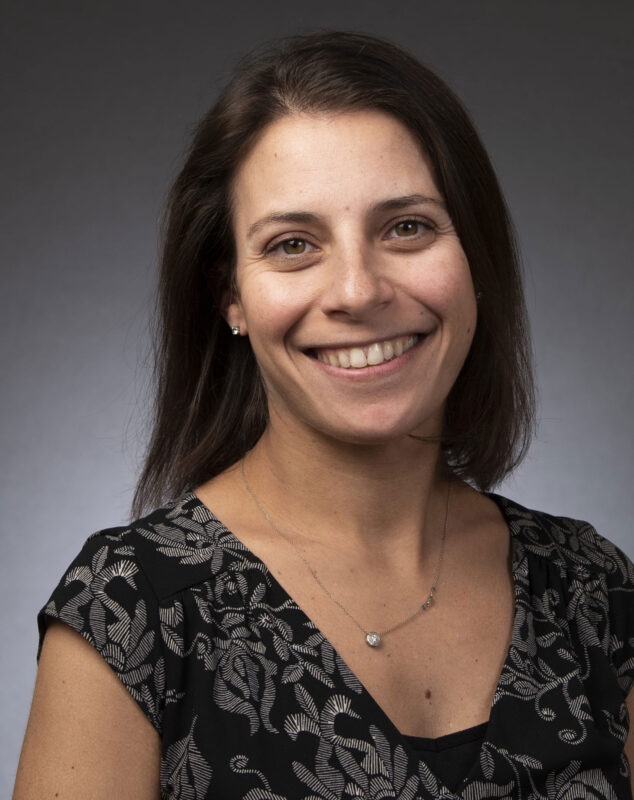
Rebecca Seltzer, MD MHS, is Assistant Professor of Pediatrics at the Johns Hopkins School of Medicine, with joint faculty appointments at the Berman Institute of Bioethics, Bloomberg School of Public Health, and School of Nursing. Her academic work, which intersects research, clinical care, advocacy, and medical education, focuses on optimizing the care and well-being of children with medical complexity. Her research aims to inform interventions, practice, and policy that strengthen and support families to care for children with medical complexity in their own home, as opposed to in a hospital or foster care setting. She is an attending physician at the Harriet Lane Primary Care clinic.
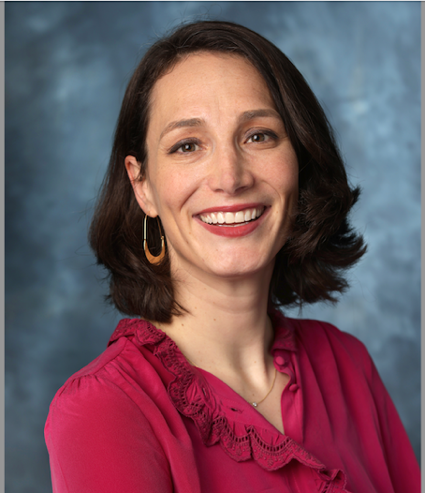
Carolyn Foster, MD, MS
Carolyn Foster, MD, MS, is an Assistant Professor of Pediatrics at Northwestern University Feinberg School of Medicine and an attending physician at Ann & Robert H. Lurie Children’s Hospital of Chicago in primary and complex care. She is a physician innovator and leader in pediatric healthcare design, family-partnered research, and policy change. Her lab focuses on developing ways develop, test, and implement clinical and systems-level interventions to improve the wellbeing of patients with chronic and disabling conditions, while reducing health-care related costs and stress for their families.
Research Scientist

Callie Kaplan, MPH
Callie Kaplan, MPH, is a Senior Research Scientist at the Smith Catalyst Center at Ann & Robert H. Lurie Children’s Hospital. She is an experienced implementation scientist, applied researcher, and evaluator with a demonstrated history of working globally in partnership with community to explore pressing public health and human rights issues. Her research and evaluation work spans a variety of issue areas, including health and social service policy, gender-based violence, and social influencers of health. She is currently pursuing her DrPH from JHSPH in Implementation Science.
Research Coordinators

Iretenevesho Obaitan
Iretenevesho Obaitan is a Nigerian physician who is currently an MPH/MBA candidate at Johns Hopkins University. Irete has experience providing pediatric and psychiatric care to children with medical complexities, as well as experience in health insurance. She is passionate about improving the quality of life for people with disabilities by advocating for better healthcare financing to support their needs. Post MPH/MBA program, Irete aims to liaise with public and private stakeholders to address issues of healthcare access through technology and innovation, especially in low- and middle-income countries

Merone Eshetu
Merone Eshetu is a MSPH student at the Johns Hopkins Bloomberg School of Public Health.
Parent Partners
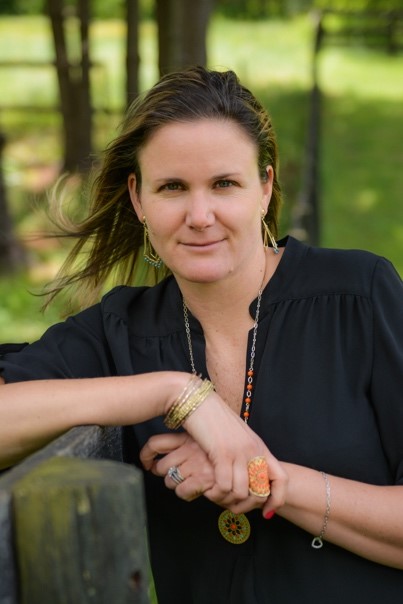
Cara Coleman
Cara Coleman is Principal at Bluebird Consulting and Executive Director of The Bluebird Way Foundation. She is the bereaved mother of a child with medical complexity whose family quality of life benefited greatly from home modifications. She works as a national consultant in policy, disability, narrative medicine, and family centered care. She partners with both co-PIs in research on home healthcare and other topics, including in projects funded by the Foundation. Ms. Coleman’s non-profit, The Bluebird Way Foundation, in partnership with University of Wisconsin-Madison and funding from LPFCH to pilot Family Led Academic Grand “FLAG” Rounds.
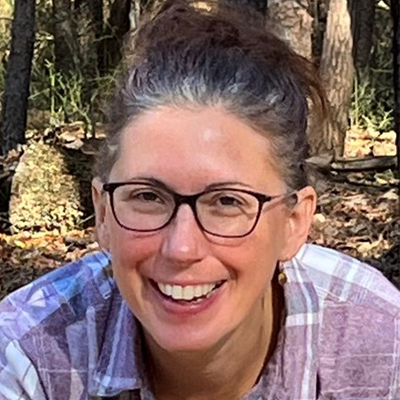
Kate Detwiler
Kate Detwiler is the adoptive parent to an 8-year-old boy with medical complexity who is technology-dependent. In her role as a parent advocate, she is an active participant in several research studies focused on children with medical complexities. Kate is also the administrative lead for the Complex Care Program at Children’s National in Washington, DC. The Complex Care Program provides a primary care medical home to children with medical complexity and their siblings.
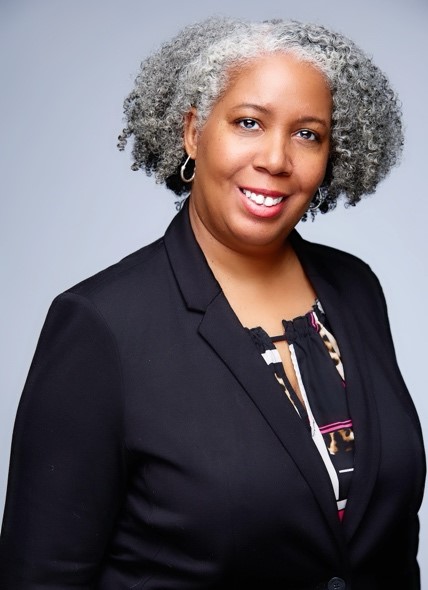
Darcel Jackson
Darcel Jackson: Darcel Jackson serves as Manager, Patient and Family Centered Care at Children’s National Hospital. A bereaved mother of a wonderfully made daughter with complex health needs, Darcel has a passion to facilitate change and improvement working to ensure inclusive and equitable care for all. She also serves as Family as Faculty on Children’s National System-level Patient and Family Advisory Council.

Crystal Thomas
Crystal Thomas has been a Parent Navigator at Children’s National Hospital for 8 years. She is the mother of an 11-year-old son with medical complexities and disabilities. Crystal has encountered many physical barriers and limitations with providing care for her son in a non-accessible home. Working with Habitat for Humanity Metro Maryland, Crystal was able to purchase a fully accessible home in 2020 that meets the needs of her son and his caregivers. Crystal is now passionate about helping other caregivers secure housing to meet their needs.
Advisory Team
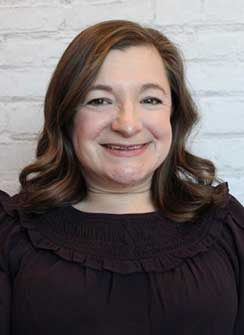
Kara Ayers, PhD
Kara Ayers, PhD, is an Associate Professor and Associate Director at the University of Cincinnati’s Center for Excellence in Developmental Disabilities. Dr. Ayers is a passionate advocate for disability rights and health equity, emphasizing the need for accessible housing as a crucial component of inclusive communities. As the Director of the National Center for Disability, Equity, and Intersectionality, her research explores the portrayal of disabilities in media, disabled parenting, and disability ethics. Dr. Ayers is committed to dismantling ableist barriers in healthcare and housing, striving to create a world where everyone, especially children with disabilities, receives equitable treatment and opportunities. Her work bridges research and practice, leading to impactful policy changes and fostering greater inclusivity.
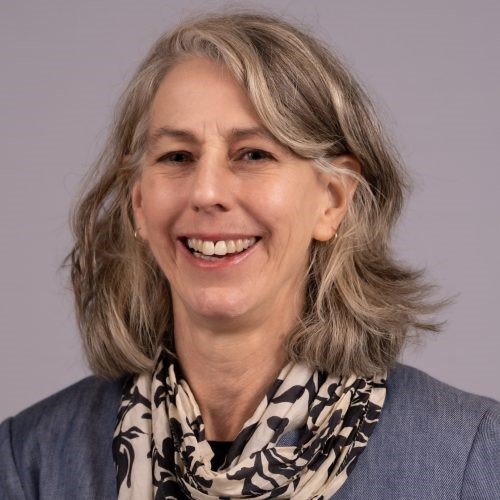
Leslie Dickinson
Leslie Dickinson, Managing Attorney, Disability Rights Maryland

Ryan Elza
Ryan Elza, Interagency Housing Innovation and Strategy Lead, Administration for Community Living
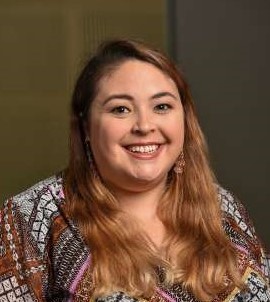
Veronica Garrison, PhD
Veronica Garrison, PhD, Office of Policy Development and Research, US Department of Housing and Urban Development.
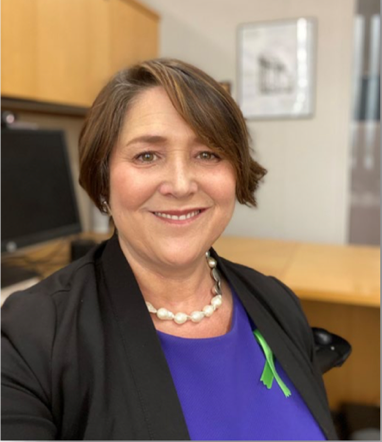
Kate Ginnis
Kate Ginnis, Senior Policy Advisor, Center for Medicaid and CHIP Services, CMS.
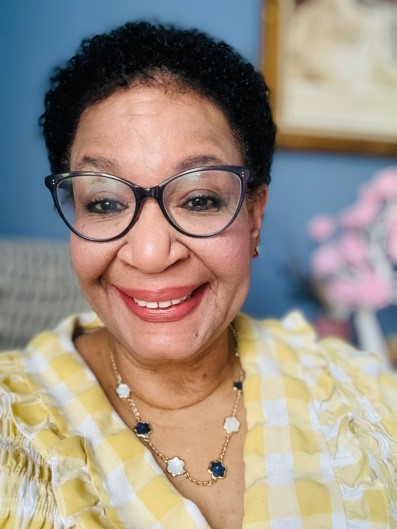
Debbi Harris
Debbi Harris works as a systems specialist for Family Voices of Minnesota, consulting to help families navigate the complex health care infrastructure. She has been a family leader for the Collaborative Improvement and Innovation Network (CoIIN) to Advance Care for Children with Medical Complexity (CMC), as well as a former Director in Executive Leadership on the Board of The Arc of the United States. Harris has worked with the national Workers Advisory Group (WAG) for Paid Leave and the National Caregiver Advocacy Collaborative of the National Alliance for Caregiving and has contributed to workgroups on transition from pediatric to adult medicine, community advisory boards regarding equity in access to federal waivers, a direct care workforce shortage committee for her home county, and two pediatric bioethics committees. Harris also serves as on the Caregiver Advisory Board for the CARE Network of the National Alliance for Caregiving, in Washington D.C. Her family’s story was featured in the RAISE Act Initial Report to Congress 2021, as well as the Better Life Lab: Crisis Conversations, Family Caregiving Podcast, with journalist Brigid Schulte. Harris was the 2021 guest lecturer for the Volk Lecture in Medical Humanities, Cincinnati Children’s Hospital.
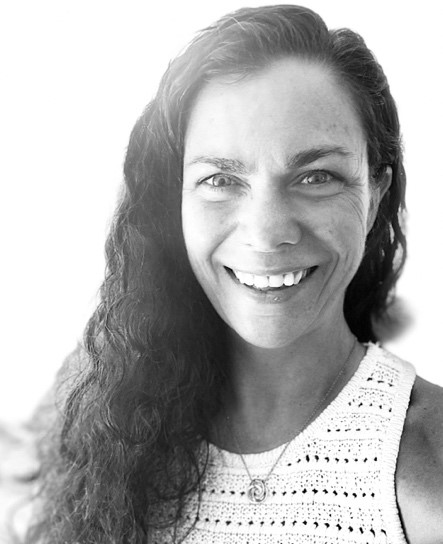
Whitney Joy Howard
Whitney Joy Howard is the Housing Integration Unit Manager for Home and Community Services within the Aging and Long-Term Support Administration. She has over 14 years of experience working in Permanent Supportive Housing/Housing First on the east and west coasts; from direct service with Pathways to Housing DC and DESC to Director of Training for North America with Pathways to Housing National. She is a Vulnerability Assessment Tool (VAT) trainer and has provided VAT trainings to Housing First agencies across Canada. She brings this background into her current work with ALTSA to bridge the housing and long-term care worlds to assist communities support the Activity of Daily Living needs of people with disabilities and older adults, so individuals can live and age where they want to. Whitney Joy has a passion for true community integration and social inclusion. She holds a Masters of Social Work with a concentration in social justice and change from The Catholic University of America and a B.A. in Political Science from American University.
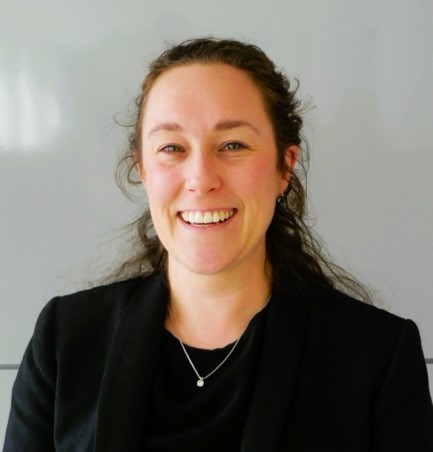
Sarah Beth McLellan
Sarah Beth McLellan is the Systems Team Lead in the Integrated Services Branch in the Division of Services for Children with Special Health Needs at MCHB where she oversees a variety of programs including the National Center of a System of Services for CYSHCN, the CYSHCN Research Network, and leads the Early Hearing and Detection and Intervention portfolio. Previously, Sarah Beth served as the Senior Program Manager for CYSHCN at the Association of Maternal and Child Health Programs (AMCHP) where she worked with state Title V staff and programs.
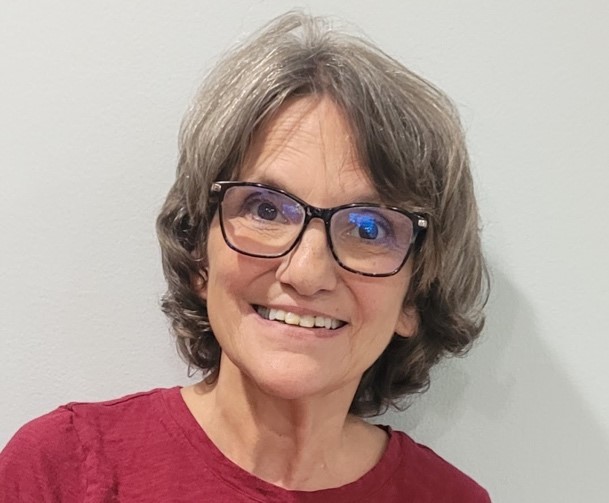
Ann Phillips
Ann Phillips is a mom to an adult son. Home modifications were necessary after her son became permanently disabled from an accident. It helped to assure him a quality of life he feared would not be possible. Ann was the executive director of Delaware Family Voices and director of the grant funded Family to Family Health Information Center. Now retired, Ann is most proud of her role as facilitator of the monthly MCO calls. Each call allowed families to speak directly to Medicaid and MCO’s about their issues and problems getting what their child needed.
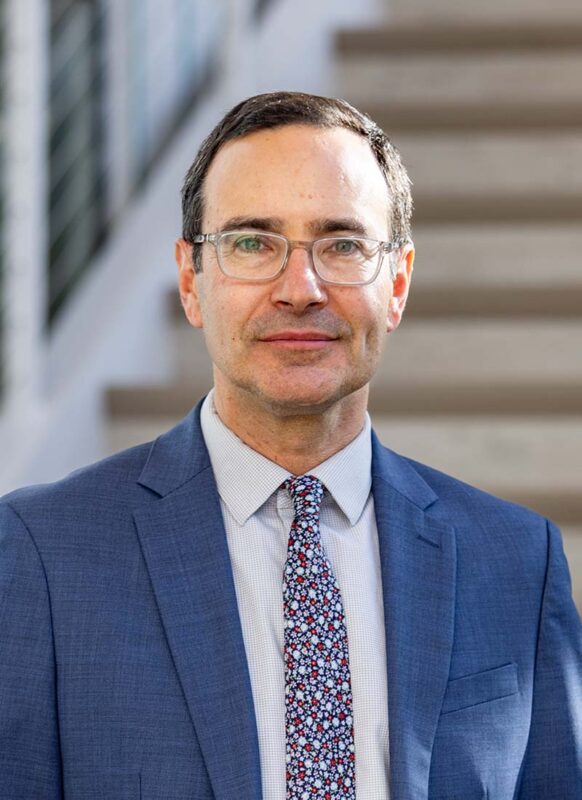
Craig Pollack, MD, MHS is the Katey Ayers Endowed Professor in the Department of Health Policy and Management in the Johns Hopkins Bloomberg School of Public Health and the School of Nursing. He is a practicing internal medicine physician whose research focuses on social determinants of health, with an emphasis on housing policies. In work funded by the Robert Wood Johnson Foundation, the U.S. Department of Housing and Urban Development, and the National Institutes of Health, he is examining the health effects of housing mobility programs that enable families to move from areas of concentrated poverty. Additional research investigates the impact of mixed-income communities, housing affordability, and place-based initiatives on health care use, spending, and outcomes.
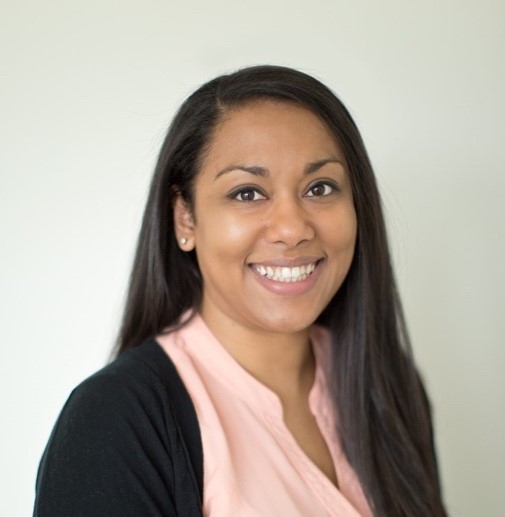
Raessa Singh
Raessa Singh is the Senior Policy Advisor on Homelessness in the Administration for Children and Families (ACF) and supports priorities related to the economic and social well-being of families, children, individuals, and communities. This includes cross-cutting work with a specific focus on the connections between child welfare and homelessness. Prior to this role, Raessa worked at the DC Department of Human Services helping to lead initiatives such as the rollout of the District’s COVID emergency rental assistance program, and efforts to improve access to housing stability services for families and single adults. Raessa earned graduate degrees in Social Work and Public Health from Boston University and currently resides in Washington, DC.
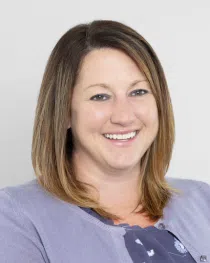
Heather Smith
Heather Smith is a director at the National Academy for State Health Policy (NASHP), where she analyzes state policies designed to improve population health and advance health and racial equity, particularly for children and families, including children with special health care needs. She leads research and provides technical assistance to states. Focus areas include Medicaid payment, care delivery, and performance measurement strategies to promote access to integrated and coordinated care for at-risk children and families. Prior to joining NASHP in 2022, Heather worked in state government for 13 years in the Kansas Title V Maternal and Child Health program, serving most recently as the Kansas MCH Director. Serving as the Kansas Title V Children with Special Health Care Needs (CSHCN) Director, Heather established a robust focus on family and consumer partnership and provided leadership in strategic planning and alignment and Title V service delivery for this population. Heather holds a master’s degree in public health from Missouri State University.

Bonnielin Swenor, PhD, MPH is an epidemiologist and the Endowed Professor of Disability Health and Justice at The Johns Hopkins School of Nursing and joint appointments at the Johns Hopkins School of Medicine and the Johns Hopkins Bloomberg School of Public Health. She is the founder and director of the Johns Hopkins Disability Health Research Center, which uses data-driven approaches to shift the paradigm from ‘living with a disability’ to ‘thriving with a disability’. Motivated by her personal experience with disability, her work is focused on advancing equity for people with disabilities, promoting disability inclusion and accessibility, and developing evidence-based and disability-inclusive policies. Dr. Swenor has provided advice and expertise to multiple organizations and agencies, including speaking at the White House Office of Science and Technology Policy (OSTP) Summit on Equity and Excellence in STEMM, chairing the National Academy of Science, Engineering, and Medicine (NASEM) planning committee for the Disrupting Ableism and Advancing STEM series, and co-chairing the NIH Advisory Committee to the Director (ACD) Subgroup on Individuals with Disabilities. Her work has been published in leading academic journals, such as the New England Journal of Medicine (NEJM), The Journal of the American Medical Association (JAMA), and the Lancet, and has been featured in multiple news outlets, including the New York Times, the Washington Post, and TIME magazine. Dr. Swenor also has a track record of translating research into policy change, as she played a pivotal role in national advocacy that led the NIH to designate people with disabilities as a health disparity population.
Study Funded by the Lucile Packard Foundation for Children’s Health.
